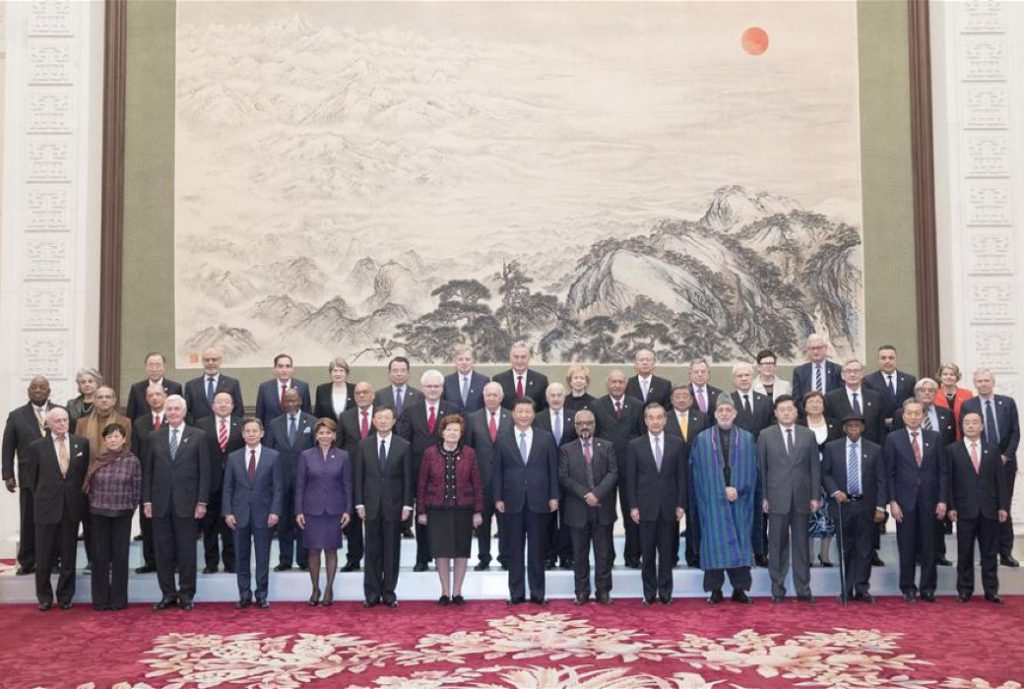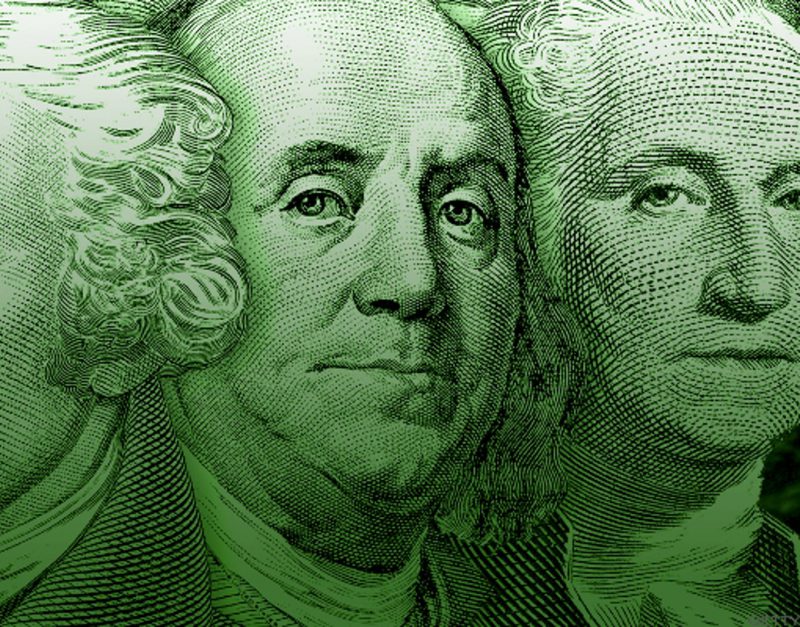The BRICS alliance is looking to launch a gold-backed currency to topple the U.S. dollar. The announcement about the formation of a new currency could be unveiled at the upcoming summit in October 2024. The goal of BRICS is to create a multipolar financial world where developing countries will limited connection to the U.S. dollar.
Also Read: BRICS Outperforms the US: Becomes Top Exporter of Copper
Global trade will mainly be settled in the new BRICS gold-back currency or local currencies of other developing countries. This would help them safeguard their native economies as hoarding the U.S. dollar in reserves comes at a risk. The growing debt in the U.S. touched $34.4 trillion this month and developing nations want to distance themselves from the dollar.
Also Read: BRICS De-Dollarization Agenda Fails: US Dollar Supremacy Intact
BRICS: Major U.S. Financial Sector To Be Impacted If the Dollar is Ditched


The main U.S. sector to be affected if BRICS ditches the dollar is the banking and finance sector. Banks across America will be forced to take concrete measures to safeguard the prospects for the U.S. dollar. Moreover, new currency pairs could take center stage in the forex market adding more pressure on the U.S. dollar.
Also Read: BRICS: China Warns of Trade War With European Union
Also, banks lend millions of dollars globally and the amount disbursed could be reduced considerably. Therefore, the U.S. dollar will experience a dent in the supply and demand mechanism and banks will take the first hit due to the BRICS de-dollarization initiatives. U.S. banks are already in crisis with several banks facing closures and bankruptcies since 2020.
If the banking sector takes the first hit, the next dent will inadvertently be the financial sector in the U.S. The financial sector is broad and involves consumer goods and retail, technology, and fintech, among various others. Even inflation could hit the U.S. homeland making the prices of everyday essentials peak. BRICS ditching the dollar for global trade and transactions will begin to have adverse effects on the U.S. economy and day-to-day life in America will be impacted.





